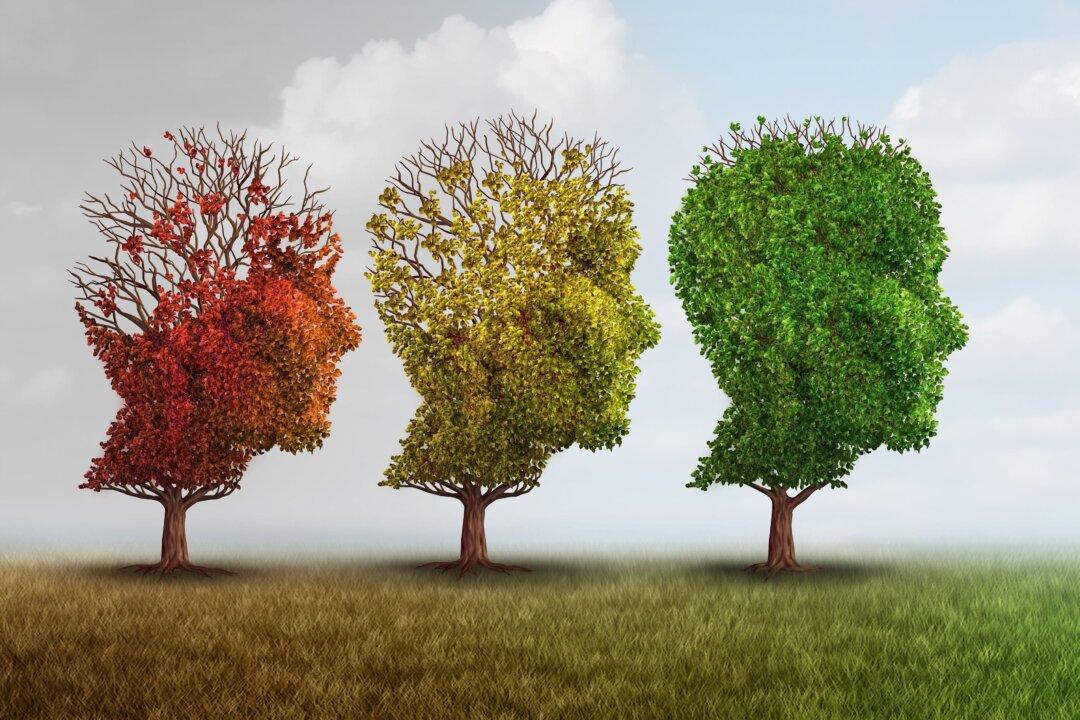Getting older can bring many changes, both physically and mentally. Even when you’re healthy, your brain and body start slowing down. Maintaining your cognitive health—the ability to clearly think, learn, and remember—is important for your overall well-being.
Many things influence cognitive health. Your genes, lifestyle, and environment can all impact your thinking skills and ability to perform everyday tasks.
It’s common to experience some decline in cognitive function as you get older. That may mean occasionally losing things, forgetting words, or briefly forgetting what day it is. Or you may notice that it takes longer to learn new things. Such symptoms don’t necessarily mean that you’re developing Alzheimer’s disease or another type of dementia.
“I like to think about the brain as a computer disk for memory and thinking,” explains Dr. Marie Bernard, an aging expert at NIH. “As you get older it gets fuller and fuller. So, it can get more difficult to retrieve data and add data to it. But you’re still able to learn and grow.”




